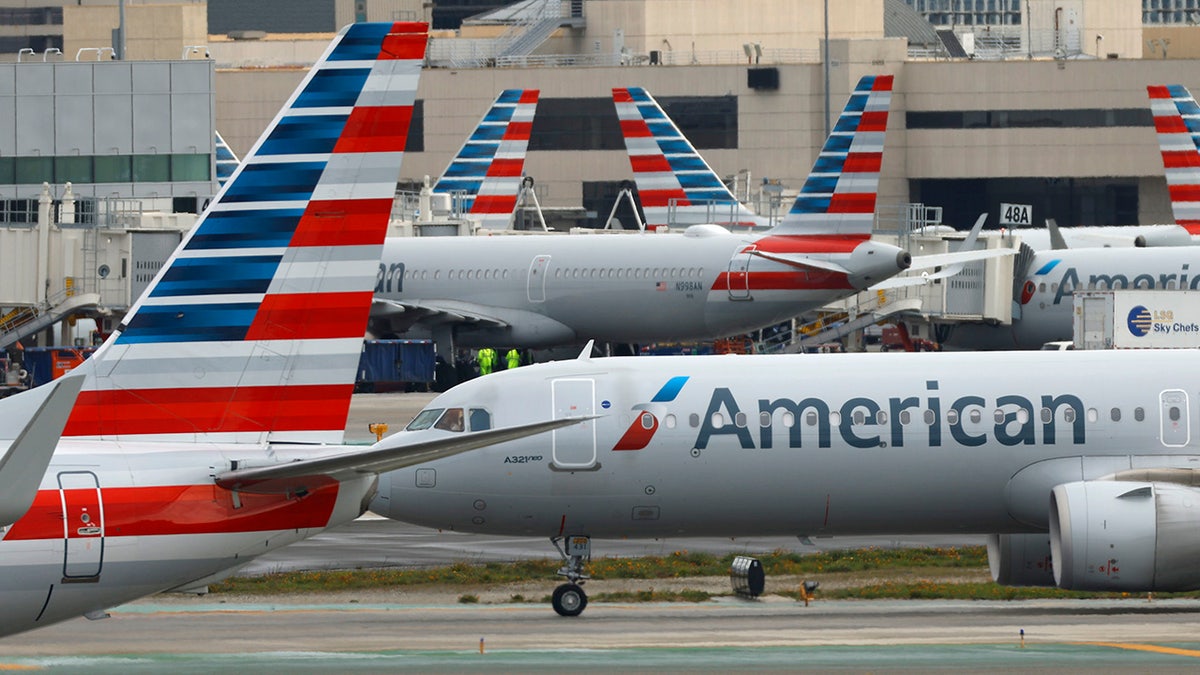A lawsuit states that a 62-year-old man passed away after experiencing a worsening medical emergency on an American Airlines-affiliated flight. The suit claims that the crew did not seek medical help until after the plane had landed, taxied, and all passengers had disembarked.
The legal action, filed in Colorado federal court, names American Airlines and Envoy Air, the regional carrier, as defendants. The lawsuit, filed by the deceased passenger’s son, is seeking a minimum of $75,000 in compensation following the death of John Cannon from Kentucky, who was en route to Durango-La Plata County Airport.
“The negligence and responsibility of the Defendants directly led to the premature death of John William Cannon on April 29, 2023,” reads the lawsuit filed this week on behalf of his son.
It claims that American Airlines and Envoy Air “breached their duties of care and were negligent in causing the death” of Cannon by “Failing to give reasonable first aid onboard the aircraft” and “Failing to prioritize John William Cannon in the deboarding process once he exhibited signs of extreme physical distress onboard the aircraft,” among other alleged actions.

American Airlines signage is seen at John F. Kennedy International Airport in New York in July 2024. The airline told Fox News Digital on Friday that it is “reviewing the complaint.” (Michael Nagle/Bloomberg via Getty Images)
“Despite Mr. Cannon’s escalating medical crisis, the AAL4896 flight crew delayed requesting medical assistance until after the aircraft had landed, taxied to the gate, and all other passengers had deplaned,” the lawsuit alleged.
A flight crew member “called emergency services and reported Mr. Cannon as being in and out of consciousness with labored breathing” and “firefighters with Durango La Plata Fire contacted Mr. Cannon and initiated oxygen treatment prior to removing him from the aircraft with members of an EMS team,” it added.

An American Airlines Airbus A321 taxis at Los Angeles International Airport on March 30, 2025, in Los Angeles, Calif. (Kevin Carter/Getty Images)
“During transport to Mercy Medical Center, Mr. Cannon suffered sinus bradycardia, which progressed to ventricular fibrillation arrest. The ambulance crew performed approximately ten minutes of chest compressions, administered two doses of epinephrine, and delivered multiple Automated External Defibrillator shocks. Despite these interventions, Mr. Cannon did not achieve Return of Spontaneous Circulation,” the lawsuit concluded. “The following morning, at 0129 hours, Mr. Cannon was pronounced dead.”

















